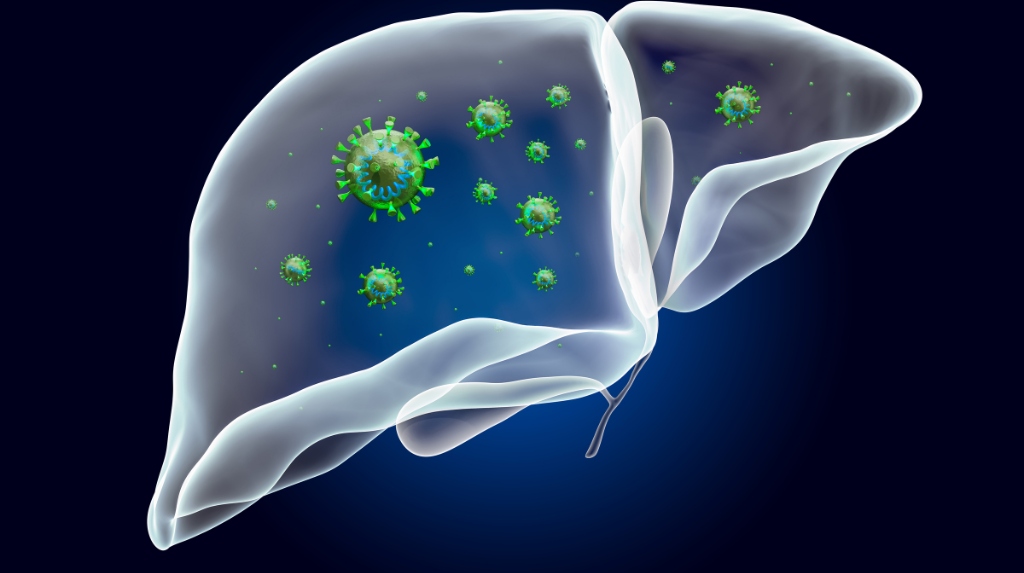
At Cochin Institute (Department Insert 1016 / CNRS / Université Paris Cité), Renaud Dentin, Inserm researcher, and his team showed the involvement of a specific protein in the proliferation of liver cancer tumor cells, the carcinoma hepatocellular. He published in the magazine Nature communication Results identified an inhibitor that could enable better treatment of this tumor, but also other cancers such as breast cancer.
The context
Hepatocellular carcinoma (HCC) is a liver tumor with limited treatment options. The best treatment for HCC is surgical removal. However, if HCC is detected late, this is not enough and drug treatments are then preferred.
Almost all current clinical trials focus on immunotherapy, a therapy that harnesses the immune system, but 60 to 70% of patients are still resistant to it. Therefore, it is important to identify the factors that influence this response to treatments.
We know that cancer cells have a specific metabolism that adapts to their increased energy needs. Their rapid reproduction requires a significant amount of energy compared to normal cells. Targeting these specific metabolic processes could therefore represent a potential approach to limiting the proliferation of cancer cells. In recent years, various molecules have been evaluated from this perspective.
In this context, Renaud Dentin, Inserm researcher, and his team carried out a research project supported by Inserm, the ARC Foundation, the League against Cancer, the City of Paris (Emergence Project), Europe (ERC Starting Grant) and the CNRS received financial support and the University of Paris-Cité. The goal of this project is to determine the role of a specific protein factor of transcription ChREBP (Carbohydrate Responsive Element Binding Protein) in the initiation and development of hepatocellular carcinoma (HCC).
The results
Using information collected from 1,500 HCC patients from 10 different cohorts, researchers showed a systematic increase in ChREBP protein expression in tumors compared to non-tumor cells. In these different human cohorts, it was observed that patients with high ChREBP expression in their tumor had a lower life expectancy compared to patients with low ChREBP expression. These data provide the first experimental evidence in humans for a possible role of ChREBP in the mechanisms of hepatocellular carcinoma initiation and development.
The research team was able to identify the first pharmacological inhibitor of ChREBP that would be able to slow the growth of cancer cells by blocking certain actions important for their development. Significantly, this inhibitor has been observed to increase the effectiveness of an existing cancer treatment. Sorafenib, which blocks signals that promote the growth of cancer cells. This inhibitor also shows promising prospects in the treatment of other types of cancer such as breast cancer, colon cancer and leukemia.
Perspectives
This type of basic research is of great importance. It allows us to understand the mechanisms behind the development of cancer as well as the mechanisms of action of new molecules. This is essential for initiating projects translational research located between basic research and clinical research, the aim of which is to evaluate the effectiveness and tolerability of new treatments in patients. These research projects play an important role in the fight against social and environmental scourges such as cancer.
This study therefore presents the first pharmacological inhibitor identified for ChREBP, which could become a key tool in the treatment of HCC. Its potential as a new therapeutic agent could ultimately lead to a process of pharmacological optimization and valorization.
For further
Online publication: https://www.nature.com/articles/s41467-024–45548‑w
Contact researchers: eranhq.qragva@vafrez.se





